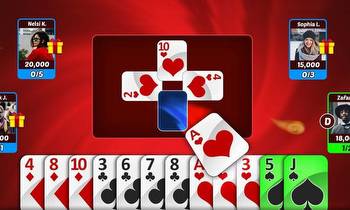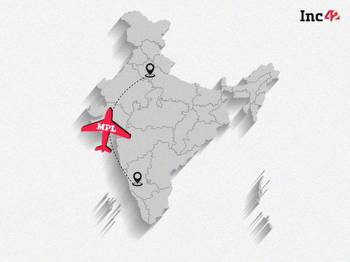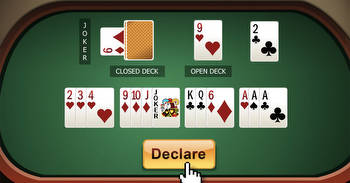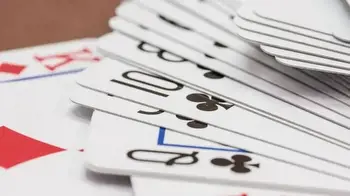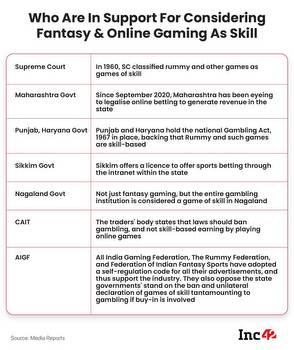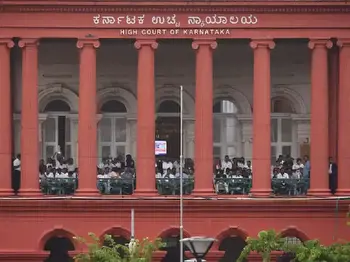Karnataka online gambling ban: Dream11 moves court to quash FIR
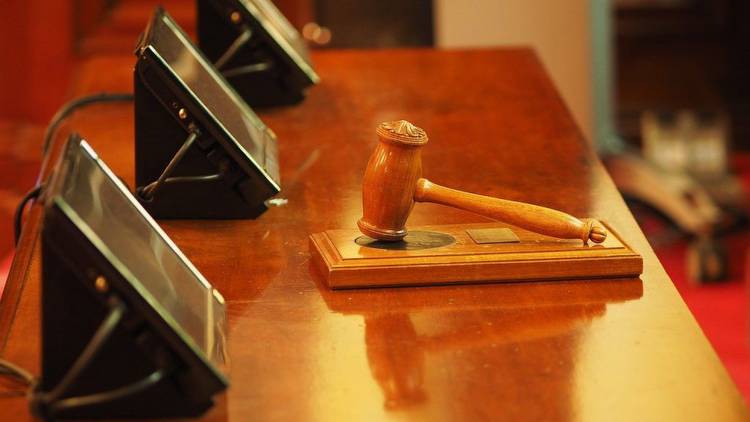
Weeks after an FIR led to Dream11 stopping its services in Karnataka, the fantasy sports app’s founders Bhavit Sheth and Harsh Jain have moved the Karnataka High Court seeking to quash the FIR. According to a report by The News Minute, the two founders filed a writ petition before the court on October 22.
The FIR prompting Dream11 to exit the state was filed after the Karnataka government outlawed all kinds of online betting and gambling, including games of skill, in an amendment to its Police Act. However, the amendment has already been legally challenged by multiple gaming companies and industry bodies in the Karnataka High Court.
Why was the FIR lodged?
The FIR was filed after a 42-year old cab driver Manjunatha found that Dream11 was still operational in the state even after the ban took effect. According to a report by Hindustan Times, the FIR has been registered under Sections 79 (keeping common gaming house) and 80 (gaming in common gaming-house) of the Karnataka Police Act, 1963.
Dream11’s stance on the law
We have been advised by the Federation of Indian Fantasy Sports (FIFS) who have shared an opinion from a former Supreme Court Judge, stating that the Karnataka Police (Amendment) Act 2021 does not apply to its member Fantasy Sports Operators. This is because the FIFS format of Fantasy Sports has been upheld by the hon’ble Courts of India as not amounting to gambling, betting or wagering. —Dream11 (emphasis ours)
A spokesperson for Dream11 refused to further comment on the matter as it is now sub judice.
Challenges to the online gambling ban
Earlier this month, multiple gaming companies like Mobile Premier League (MPL), Games24x7, A23(Ace2Three), Junglee Games, Gameskraft, and AIGF (a skill gaming industry body) had filed petitions against the law, according to a report by Moneycontrol. These petitions were clubbed together and heard on October 22, during which the court asked the Karnataka government not to make any arrests under the law yet.
Appearing for AIGF, advocate Arvind Datar made his case by referring to a similar ban in Tamil Nadu which was struck down by the Madras High Court. Datar argued that the law was outside the scope of “gambling and betting” under Entry 34 of the state list and that states didn’t have the power to ban online skill-based games.
What does the law say?
Besides the ban, the amendment to Karnataka’s Police Act also increases the severity of punishment for people caught gambling:
- Inclusion of online gaming: The Police Act amendment expands the definition of “gaming” to include online games and games that use “electronic means and virtual currency, electronic transfer of funds in connection with any game of chance. Instruments of gaming also include digital devices, software, and even cyber cafes.
- Games of skill banned: The amended act bans “any act or risking money, or otherwise on the unknown result of an event including on a game of skill” (emphasis supplied)
- Fines increased: The amendment increases the fines and prison time to people caught under gambling prohibitions. A maximum term of one year has been made three years, and a Rs 1,000 fine has been increased to Rs 1,00,000. Minimums for these penalties have also been changed from one month to six months and from Rs 500 to Rs 10,000.





















